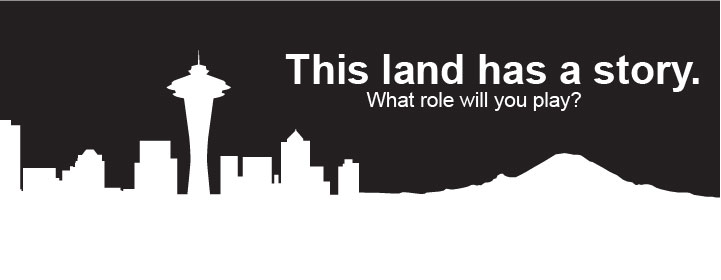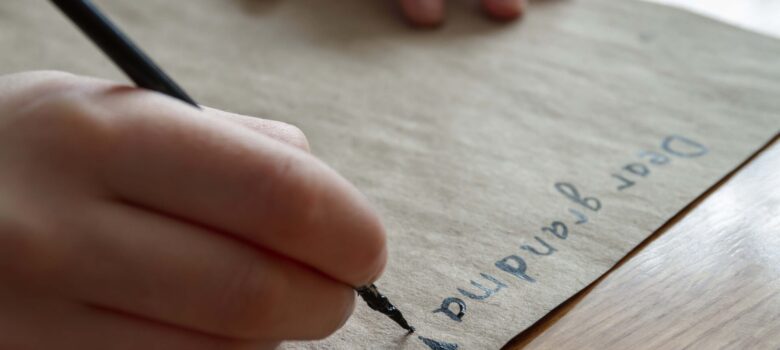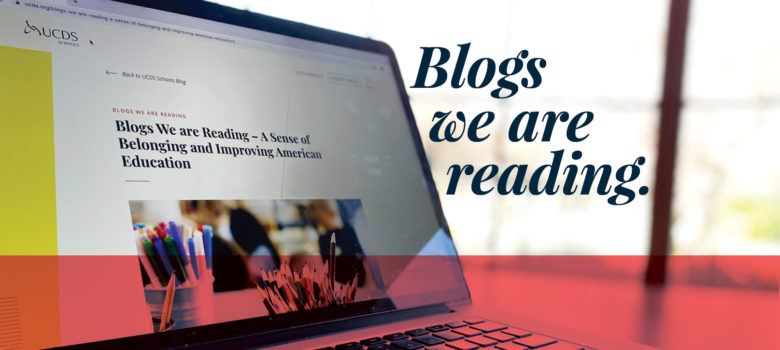by Ava Maas, 1-2 Teacher
When we are at UCDS, we are in the city of Seattle, which is the ancestral land and home of the Duwamish Tribe. The Duwamish people lived here for 10,000 years and still live here today. We at UCDS honor with gratitude the land itself and the Duwamish People.
This is the Land Acknowledgment that we have up in our classroom. A Land Acknowledgement is a formal statement that recognizes and respects Indigenous Peoples as traditional stewards of this land. They have become more and more common around the country, but it is important to note that Land acknowledgment is a traditional custom dating back centuries for many Native communities and nations. For non-Indigenous communities, it’s a powerful way to show respect and to honor the Indigenous Peoples of the land in which we live. From the Duwamish Tribe’s website; “Acknowledgement is a simple way of resisting the erasure of Indigenous histories and working towards honoring and inviting the truth.”
Land Acknowledgements are so important but are simply not enough in terms of supporting our indigenous communities. It is an essential starting point and should be done in the hopes to inspire others to take action to support Indigenous communities. If you’re delivering a land acknowledgment out of guilt or because everyone else is doing it, it may be valuable for you to participate in some self-reflection.
So, What are some ways that you can take the important next step of taking action after your land acknowledgment? Here are two important next steps:
Amplify Indigenous Voices
Recently, following a land acknowledgment to kick off our Faculty & Staff meeting, a Faculty member shared an article that centered on visual artist Jaune Quick-to-See Smith, creator of the 1992 piece I See Red: Target. Back in July 2020, the National Gallery of Art in DC bought a painting by an Indigenous artist for the first time. When asked about why it took so long for the National Gallery of Art to acquire a work from an Indigenous artist, Smith stated; “…Because of popular myth-making, Native Americans are seen as vanished. It helps assuage the government’s guilt about an undocumented genocide, as well as stealing the whole country.” We must not let the erasure of Indigenous voices continue. Supporting Indigenous artists is a great way of resisting that.
Pay Real Rent/donate to Indigenous Organizations
If you are someone who lives or works in Seattle, then you are living and working on Duwamish land. The Duwamish tribe is one of 245 Indigenous tribes that are not federally recognized by the US Government, meaning that the US Government does not have just access to the resources of their homelands. Redistribution of resources is one concrete step towards justice. Real Rent Duwamish is an organization that calls on folks living and working on Duwamish land to stand in solidarity with the Indigenous peoples of this land by making monthly payments to the organization. All funds go directly to Duwamish Tribal Services (DTS) to support the revival of Duwamish culture and the vitality of the Duwamish Tribe. You can find out more about the program here.
Learn more from these resources:
Land Acknowledgement – What is it and Why is it Important?
History of the Duwamish Tribe
Native Governance Center





